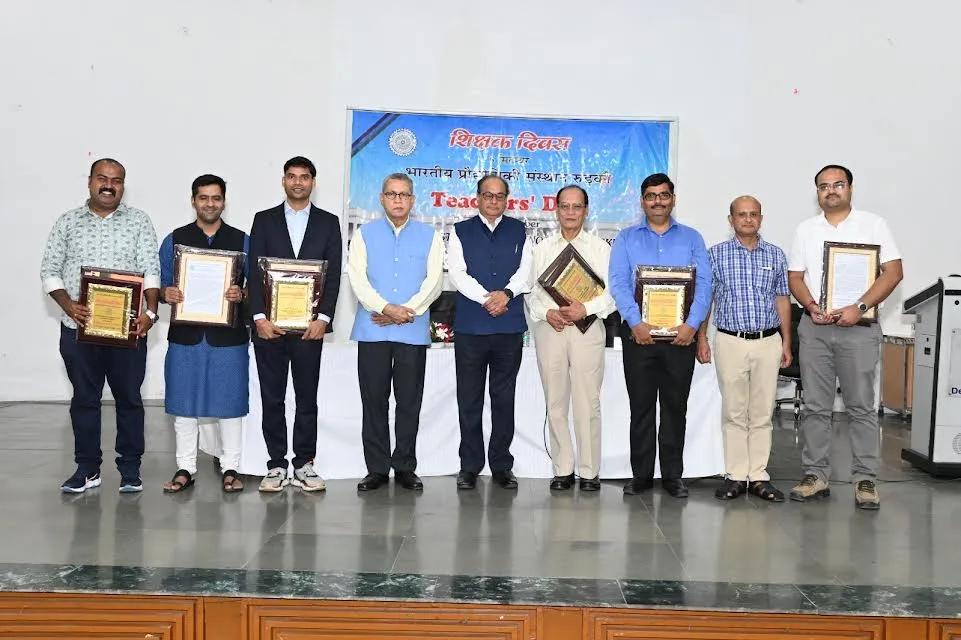New Delhi: In a startling revelation, a team of scientists has uncovered the unique molecular make-up of a woman who can't feel pain, heals more rapidly and experiences reduced anxiety and fear.
The team from University College London discovered the biology underpinning a rare genetic mutation that allows the woman named Jo Cameron to live virtually pain-free.
The study, published in Brain, follows up the team's discovery in 2019 of the 'FAAH-OUT' gene and the rare mutations that cause Cameron to feel virtually no pain and never feel anxious or afraid.
The new research describes how the mutation in FAAH-OUT 'turns down' FAAH gene expression, as well as the knock-on effects on other molecular pathways linked to wound healing and mood.
It is hoped the findings will lead to new drug targets and open up new avenues of research in these areas.
Jo, who lives in Scotland, was first referred to pain geneticists at UCL in 2013, after her doctor noticed that she experienced no pain after major surgeries on her hip and hand.
After six years of searching, they identified a new gene that they named 'FAAH-OUT', which contained a rare genetic mutation.
"The 'FAAH-OUT' gene is just one small corner of a vast continent, which this study has begun to map. As well as the molecular basis for painlessness, these explorations have identified molecular pathways affecting wound healing and mood, all influenced by the aFAAH-OUT' mutation," explained Dr Andrei Okorokov (UCL Medicine) and a senior author of the study.
In combination with another, more common mutation in FAAH, it was found to be the cause of Jo's unique characteristics.
In the study, the team from UCL sought to understand how 'FAAH-OUT' works at a molecular level, the first step towards being able to take advantage of this unique biology for applications like drug discovery.
This included a range of approaches, such as CRISPR-Cas9 experiments on cell lines to mimic the effect of the mutation on other genes, as well as analysing the expression of genes to see which were active in molecular pathways involved with pain, mood and healing.
The team observed that FAAH-OUT regulates the expression of FAAH. When it is significantly turned down as a result of the mutation carried by Cameron, FAAH enzyme activity levels are significantly reduced.
Two other key genes that were altered were BDNF, which has previously been linked to mood regulation and ACKR3, which helps to regulate opioid levels. These gene changes may contribute to Jo Cameron's low anxiety, fear and pain.
"By understanding precisely what is happening at a molecular level, we can start to understand the biology involved and that opens up possibilities for drug discovery that could one day have far-reaching positive impacts for patients," said Professor James CoxA from UCL Medicine. —IANS

